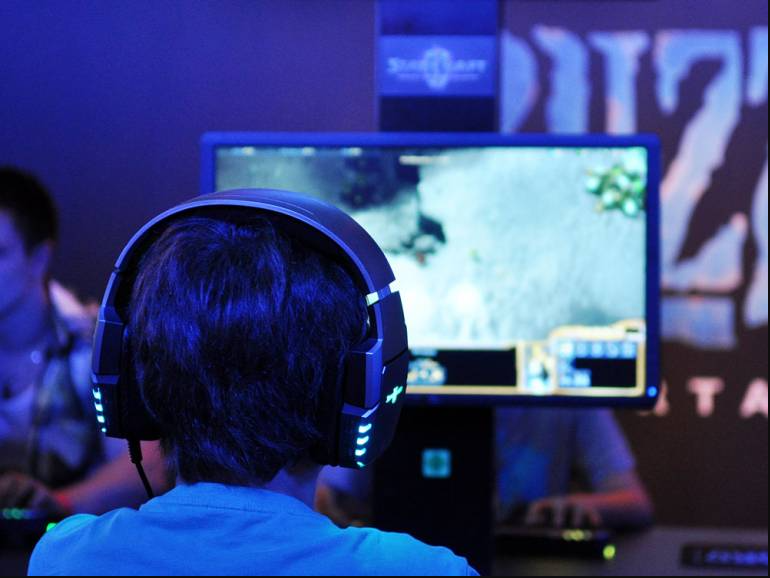Artificial intelligence is rapidly transforming the video game industry, with nearly 90 percent of developers now incorporating AI agents into their workflows, according to a new study released by Google.
The report, based on a global survey of game developers across various studio sizes and regions, highlights the widespread adoption of AI tools in game creation, design, testing, and player experience optimization. The findings underscore how AI is no longer a futuristic concept but a core component of modern game development.
According to the study, developers are using AI agents to streamline tasks such as non player character behavior modeling, world building, level design, and quality assurance. Some studios are also leveraging generative AI to assist with dialogue writing, animation, and procedural content generation.
“AI is becoming a co creator in the game development process,” the report states. “From indie studios to large publishers, developers are embracing intelligent systems to speed up production, enhance creativity, and deliver more immersive experiences for players.”
The research also found that nearly 60 percent of respondents believe AI tools have significantly improved their efficiency, allowing teams to allocate more time to creative decision making and innovation. However, the study acknowledged ongoing concerns around ethical implications, intellectual property rights, and the potential impact on employment in the industry.
In response to these concerns, Google emphasized the importance of transparency, responsible use of AI, and the development of industry wide standards to ensure ethical deployment of these technologies.
Industry experts say the growing reliance on AI reflects broader trends in the entertainment sector, where machine learning and automation are increasingly being used to personalize content, analyze player behavior, and predict user engagement.
“This marks a major turning point for the gaming industry,” said Samira Khan, a technology analyst at Digital Horizons. “AI is no longer just powering the gameplay it is now helping build the games themselves.”
The report also predicts continued growth in AI adoption as tools become more accessible and sophisticated, particularly with the integration of large language models and reinforcement learning techniques that can simulate complex player behaviors and dynamic in game environments.
As artificial intelligence continues to reshape creative industries, the video game sector appears to be leading the charge, turning AI from a background tool into a front line collaborator in the development of the next generation of interactive entertainment.
source: reuters.com
